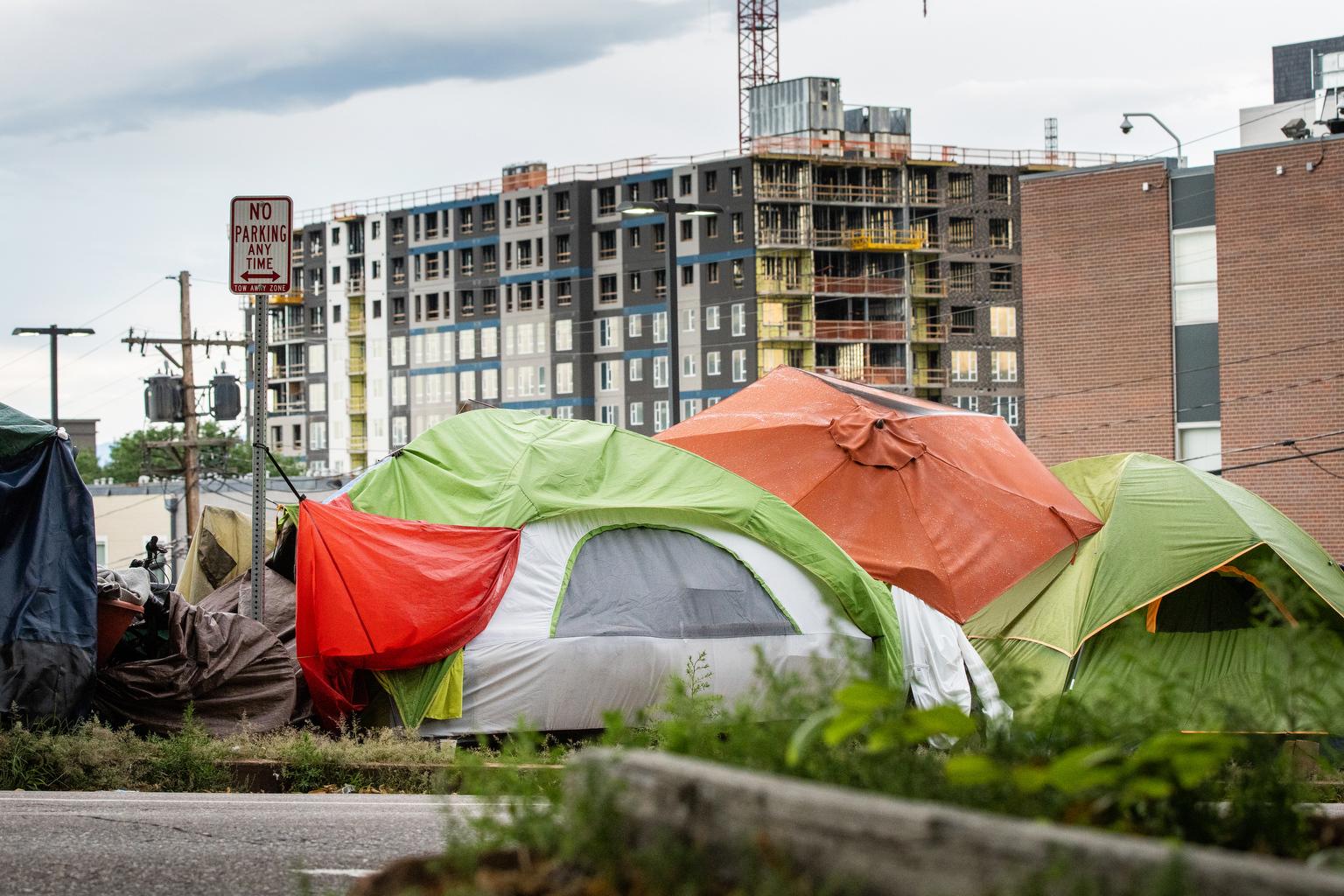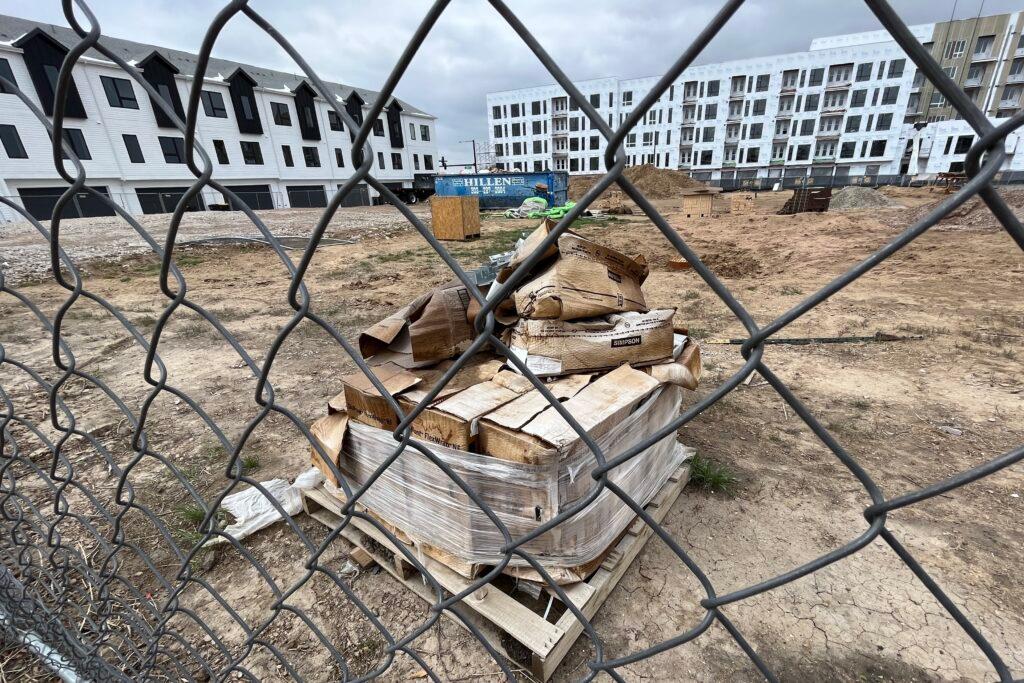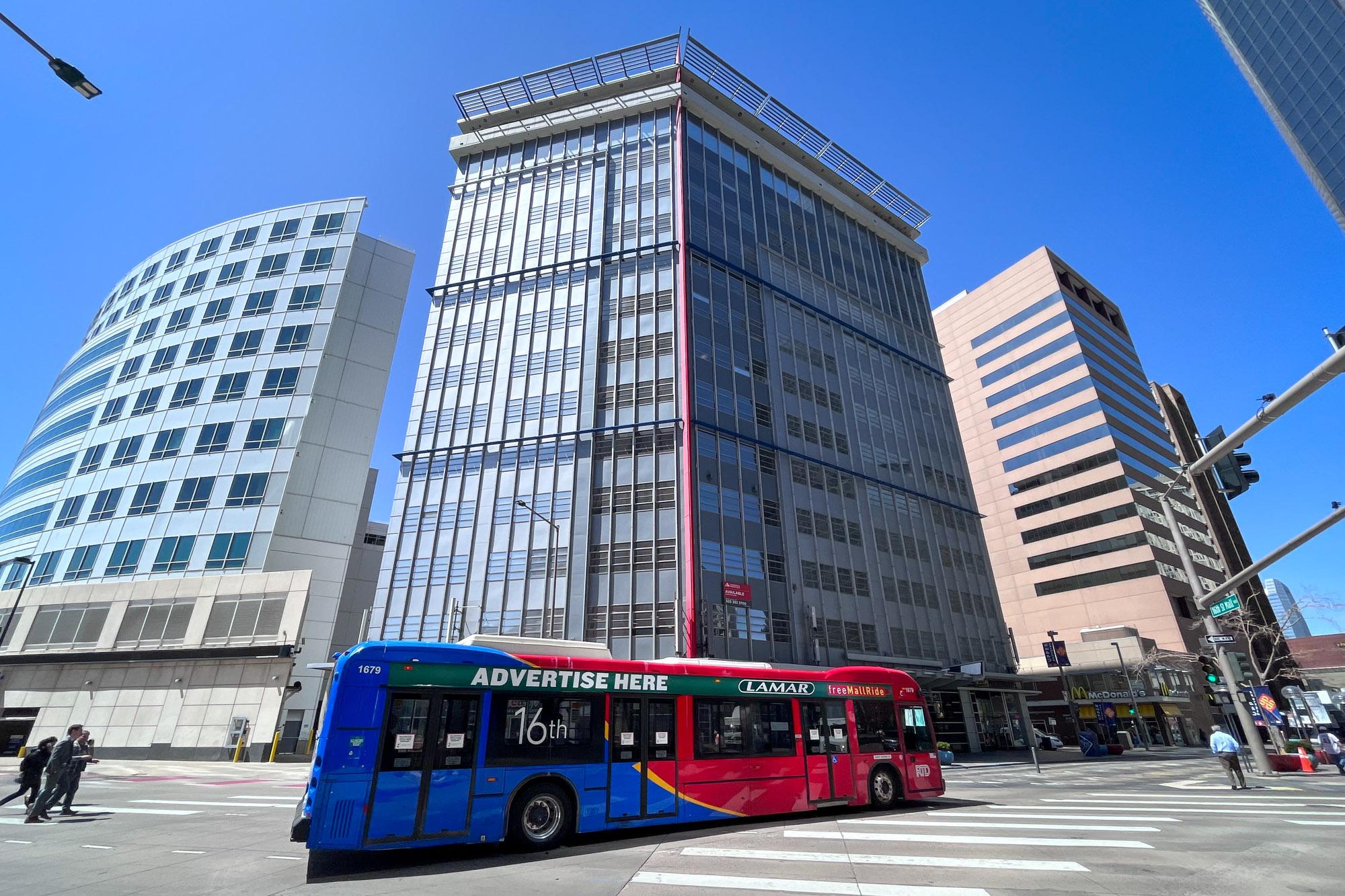
The number of people experiencing homelessness jumped almost a third in Adams, Arapahoe, Boulder, Broomfield, Denver, Douglas, and Jefferson Counties, according to a point-in-time survey released in July.
“We've hit that cliff that we knew at some point would be coming, back in 2020,” said Jamie Rife, who leads the group that did the survey, the Metro Denver Homeless Initiative.
She said at some point, experts expected to see the full economic impact of the COVID-19 pandemic.
And now, “This is it.”
This comes as Denver’s new mayor, Mike Johnston, has declared an emergency around homelessness and pledged to house 1,000 people by the end of 2023.
Rife says the biggest factor leading to increased homelessness is economic: housing is more expensive, and wages aren’t keeping up. Her group calculates the average minimum wage in Metro Denver at just over $13. The average renter makes twice that amount, at more than $26. But the wage needed to rent a two-bedroom apartment is significantly higher: more than $32 an hour.
Rife said 87 percent of people experiencing homelessness now used to have a Colorado address.
“They’re from here, they are experiencing homelessness in the communities where they last had a permanent residence,” she said. “I think a misconception people have is that people are moving here experiencing homelessness — they're moving here for that. That's not the case. That isn't the data that we see.”
Rife spoke with Colorado Matters senior host Ryan Warner about what is being done to address homelessness, and what else Coloradans can do.
Address the underlying problems
Rife described homelessness as the result of “several systems failing at once,” and said, “We have to look upstream at those other systems.”
“So criminal justice, education, healthcare, child welfare, all of these really — the outcomes lead to what we see as modern day homelessness,” she said.
Income inequality, stratified by race, is another system that needs to be addressed.
She said this is important because not all countries are facing a surge in homelessness in the wake of the pandemic.
“In many countries, housing is seen as a human right, and those are countries where you don't see people experiencing homelessness. They have things like mental health, substance use, healthcare, a living wage. Those are all things that contribute to people being able to remain stably housed.”
Say 'Yes in my backyard'
Efforts to establish transitional and affordable housing are sometimes met with opposition from neighbors. That opposition can be based on fear that crime in the neighborhood will increase, though statistics show that has not happened, and neighbors have changed their minds after initially opposing safe outdoors sites.
So Rife said one of the most important things all Coloradans can do to help get people off the streets is to open their minds and their neighborhoods.
“Welcome solutions to your community,” she said. “We have a lot of resources to build. But what we need is people to be welcoming.”
Home construction that includes affordable units can be much more appealing to look at, including things like gardens and playgrounds, than it has been historically in the U.S., and it can help house people like teachers and service providers.
“If you look at studies over and over and over, if you add affordable housing, it actually helps your community grow and flourish because people can afford to live there.”

Better deal with encampments
Denver and Colorado Springs are among the cities that have cleared out homeless encampments, dismantling tents and making people collect belongings off-site. Rife hopes that these will be done better under Denver Mayor Mike Johnston, who plans to conduct the first sweep of his administration on Friday.
First of all, Rife wants cities to provide options to use toilets and throw out trash.
“[Neighbors] don't want to see trash, they don't want to see some of these other things. We really need sanitation. We need for people to be able to go to the bathroom with dignity.”
Johnston has announced plans to have the city provide trash services at a few homeless encampments.
Then, Rife said, outreach teams could spend three to four weeks with people before a camp gets taken down.
“I'm personally hopeful that there will be a significant amount of time for outreach teams to be going into the encampments forming relationships,” Rife said. In that time, the team would offer transitional housing that fits each person’s needs, like a motel room, a tiny home or a shelter, and do what they can to maintain the community people may have built on the street into that transitional housing.
Expand master leasing
Some would-be renters can’t find a property because they have a housing voucher, don’t have reliable income, have been evicted in the past, or face another barrier. A solution Rife points to is the idea of “master leasing,” where a nonprofit service provider leases existing housing, and then subleases to people experiencing homelessness.
“It’s a great way to get people into housing very quickly,” Rife said, but it’s not currently done a lot in Metro Denver.
Dallas, Los Angeles, and Portland are among the communities embracing master leasing recently.
Personalize homeless services
Rife’s organization coordinates homeless services among Metro Denver counties, and she said they’ve stepped up their collaboration with the goal to serve each person individually. They’re starting with veterans.
“We’re the first in the nation to actually do this,” Rife said.
Specifically, they collect information on each veteran by name, and talk about those individuals every other week on a conference call.
“We say, ‘We know this person right now needs this resource. Who can bring it?’” Rife said. “We figure out what everyone needs, versus just having kind of global solutions. So you look at different counties, different communities, there are different resources that they might have available. There’s different availability in the rental market.”
They hope to expand this individualized fact finding and matching strategy to non-veterans in the metro area, as well.









